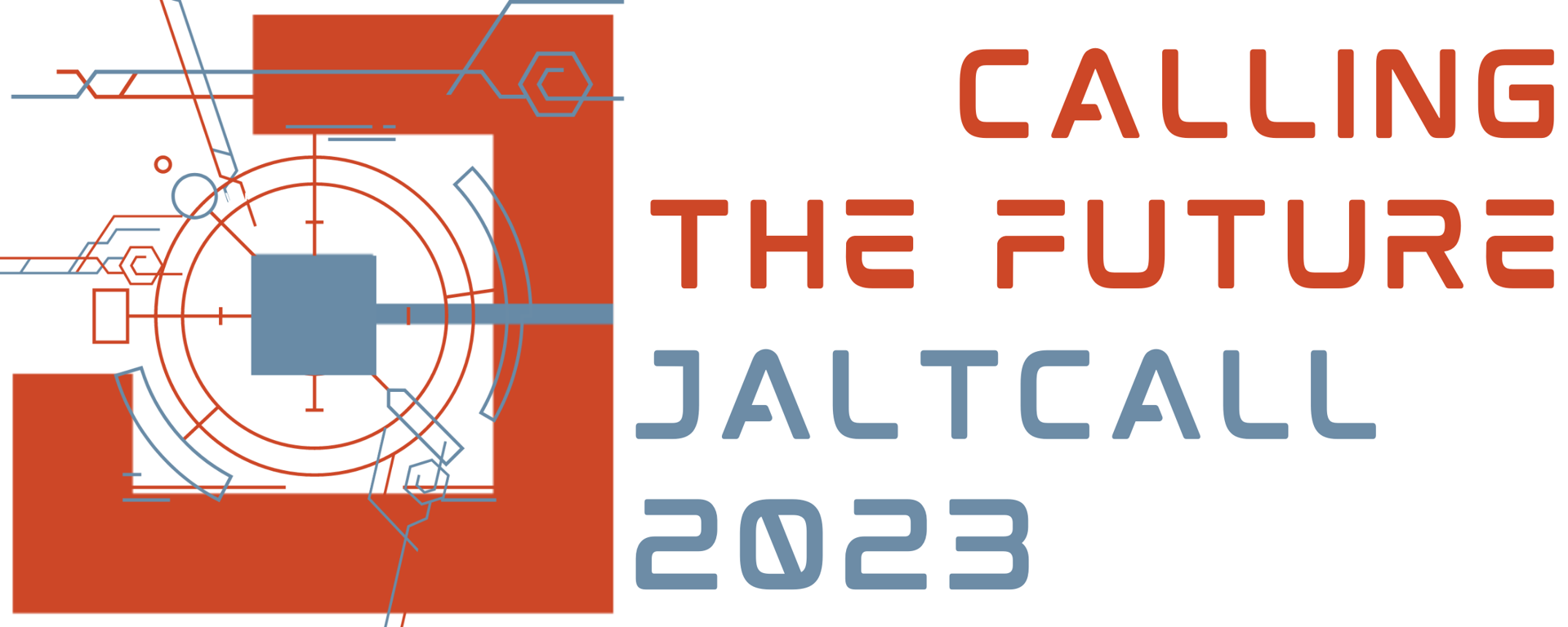2023-06-04, 14:10–14:40 (Asia/Tokyo), C1
Language: English
The cognitive, affective, and language-learning benefits of preparation for and participation in domestic and international student conferences such as Model United Nations (MUN) are well established. More clarity is needed however regarding what types of educational scaffolding are best suited to preparing learners with lower levels of English proficiency for success in these types of events. In this talk, the presenter outlines an action research project involving English-medium online intercollegiate student conferences for Japanese university students. The starting point for developing observation and interview protocols was the theoretical frameworks of Learner Engagement, Willingness to Communicate, and Self-Determination Theory. This presentation will focus specifically on data related to how CALL elements such as Flipgrid, Padlet, ZipGrade, Adobe Spark, Moodle, and Google collaboration apps can promote competence and confidence in university EFL learners at lower proficiency levels preparing for these online intercollegiate student conferences. The presentation concludes with initial attempts at compiling a list of practical approaches and effective tools to guide teachers and their learners in these contexts.
This talk outlines an action research project involving online intercollegiate student conferences and CALL, and how to promote competence and confidence in university EFL learners at lower proficiency levels.

